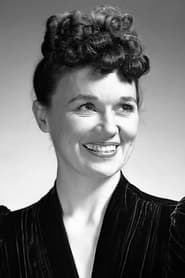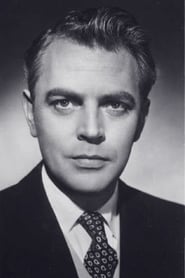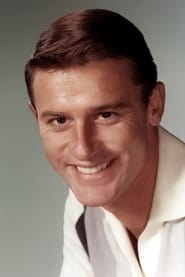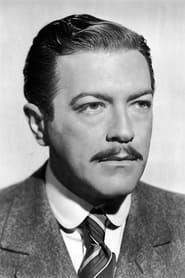Macbeth (Orson Welles) is travelling across a misty moor one evening when he encounters three mysterious women whom acclaim him Thane of Cawdor. His is surely Thane of Glamis, and Cawdor is another man altogether - or is he? Then they proclaim that he shall be King of Scotland - and remain so unless some seemingly impossible circumstances combine to bring about his downfall. Empowered by their prophecy, he returns to the castle of King Duncan (Erskine Sanford) where he divulges his secret to his ruthlessly ambitious wife (Jeanette Nolan) thus setting in motion some regicidal scheming that will install him on the throne - but at what cost to him, his wife and his kingdom. This is certainly my favourite Shakespeare play, full of darkness and mysticism; of betrayal, duplicity and as near to actual evil as I think the stage has ever got. Though maybe Welles ought not to have been costumed as a Mongolian warlord, his efforts otherwise to master some of the most powerful soliloquies in the English language are impressive. Nolan also contributes well as the devious, downright malevolent wife who cares for power and him and little else. The supporting cast do enough, but there is a paucity of actual Scots actors here. The eeriness and creepiness of the thing might have benefitted more from the likes of Finlay Currie and John Laurie rather than from Dan O'Herlihy; the really lacklustre efforts of Roddy McDowell as "Malcolm" - son of a murdered father, nor of Edgar Barrier's a-haunting "Banquo". John Russell's photography and Fred Ritter's art direction use the sound stage space well creating a plausible series of impressions of the near twenty year reign of this 11th century monarch. As ever with this bard, he uses approaching armies and battles effectively, but nowhere near as effectively as he uses the human psyche to generate fear, guilt and paranoia - and again, Welles delivers the role of the increasingly troubled man strongly. It is still better seen at a theatre, but as big screen adaptations go, this is a creatively menacing depiction that has held up well.






